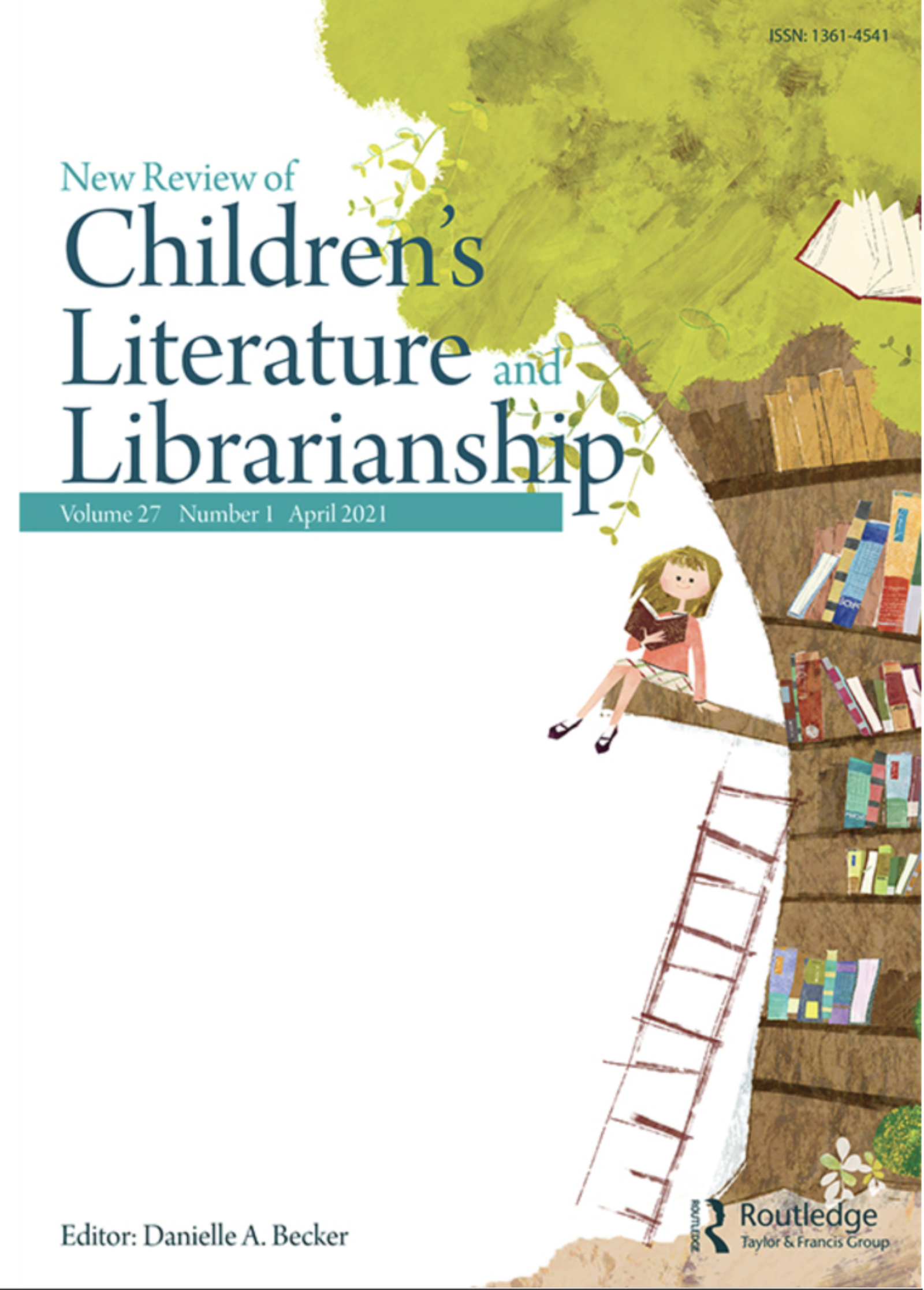“Self-construction via Texts: COVID-19 and Child Fiction” is an academic article by literature scholar Malik Haroon Afzal that examines the construction of a “new-normative self” under the context of COVID-19 regulations through presidential speeches and children’s literature for international audiences. From the perspective of new historicism, Afzal argues that pandemic literature for children which features characters abiding by new norms under COVID-19, such as social distancing and personal hygiene guidelines, is a channel for governments and institutions to exert power over their subjects and enforce COVID-19 regulations and lifestyle habits.
Political leaders in China, France and the US frequently employed a narrative of heroism in describing the public’s efforts to stop the spread of the virus, with Xi Jinping, the President of China, declaring Wuhan, the earliest city to be affected by COVID-19, “a heroic city” (qtd. in Afzal 4), and US President Donald Trump announcing, “We are going to defeat this invisible enemy” (qtd. in Afzal 4). Literary texts, such as My Hero Is You, a book by UNICEF to educate children about COVID-19,echo these sentiments of heroism by featuring characters that abide by COVID-19 regulations and are praised as heroes. The characters’ actions, as well as instructions for COVID-19 preventative measures that they follow and give to others, help construct the “new-normal self” under the pandemic by serving as guidelines for how child readers should behave in their daily lives. My Hero Is You follows a young girl named Sarah who travels around the world on her flying creature Ario to inform children everywhere about the pandemic. When she meets other children, she tells them, “Sorry we can’t come closer, we have to stay one metre away” (UNICEF, qtd. in Afzal 6), complying with social distancing measures and encouraging others to do so. After her mission, her mother, a scientist working on a vaccine for COVID-19, tells Sarah, “But you remind me that we can all be heroes, every day, and my biggest hero is you” (UNICEF, qtd. in Afzal 6), extending praise to readers who abide by the new norms. In Afzal’s view, narratives of heroism in political speeches and literature complement each other to encourage new social distancing behaviors, allowing governments to extend control towards the public “without the need for power to be repressive” (Brannigan, qtd. in Afzal 6).
Children’s books written about the pandemic serve an important practical function in helping parents and educators explain pandemic regulations to children and rationalize the changes in children’s lifestyles and the world around them. However, they also carry underlying political functions to shape children’s behavior during the pandemic. The article sheds light on how the objectives of literary texts overlapped with political agendas during the pandemic, informing readers of COVID-19 regulations and reinforcing readers’ compliance to them, thus serving the interests of those in power.

Image Captions:
Cover image of New Review of Literature and Librarianship, vol. 27, no. 1, Apr. 2021.Citation: Afzal, Malik Haroon. “Self-construction via Texts: COVID-19 and Child Fiction.” New Review of Children’s Literature and Librarianship, vol. 26, no. 1–2, 28 Feb. 2021, pp. 17–24, https://doi-org.ezproxy.lib.torontomu.ca/10.1080/13614541.2021.1882241. NON-FICTION, SCHOLARLY ARTICLE | US, FRANCE, CHINA. ll
Source Type: Scholarship on COVID-19 Studies
Country: US, France, and China
Date: 28-Feb-2021
Keywords: Child Fiction, New Historicism, Political Narratives of COVID-19, and Self-construction